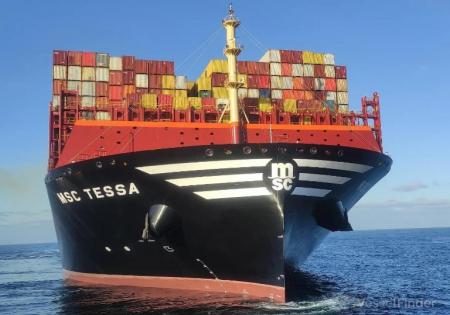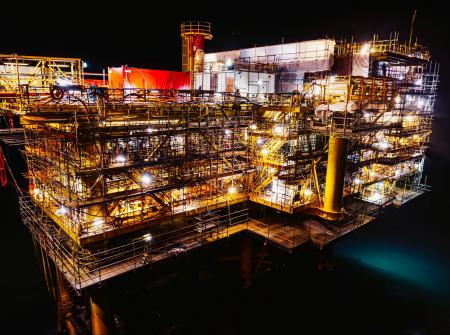Who are Maritime Engineers?
Maritime Engineers are professional engineers of different disciplines, including naval architects, marine engineers, ocean engineers and others, who are directly involved in the research, design, construction, operation and management of marine vessels and structures, including:
-
Merchant ships - Oil/Gas Tankers, Cargo Ships, Cruise Liners, etc
-
Passenger/Vehicle Ferries
-
Warships - Frigates, Destroyers, Aircraft Carriers, Amphibious Ships
-
Submarines, Semi Submersibles and underwater vehicles
-
Offshore Drilling Platforms
-
High Speed Craft - Hovercraft, Multi-Hull Ships, Hydrofoil Craft, etc
-
Workboats - Fishing Vessels, Tugs, Pilot Vessels, Rescue Craft etc
-
Yachts, Power Boats and other recreational craft
-
Marine Renewable Energy
Maritime engineers may spend their whole career in one of the above sectors of the maritime industry or move between sectors . They may choose to specialise in one role throughout their career, eg research or design, or change roles as their career progresses. They will also have the opportunity to travel and work in the international maritime industry.

Becoming a professional engineer in the maritime industry will normally involve studying for an academic qualification such as a diploma or degree in a maritime related subject. This will be followed by a period of training and experience, before being considered a professional engineer. An examination may also be required.

Advice and information on careers in maritime engineering can be provided by the member societies of the Confederation of European Maritime Technology Societies.